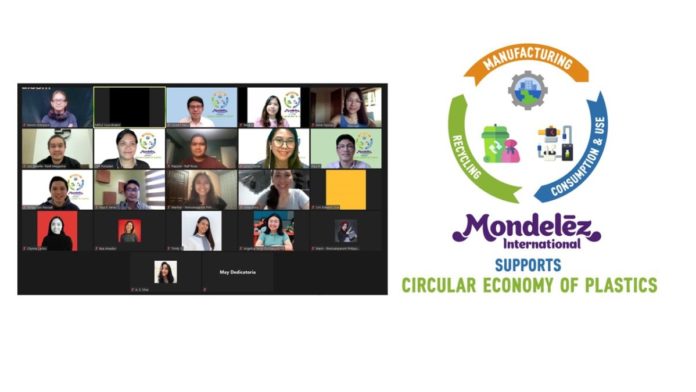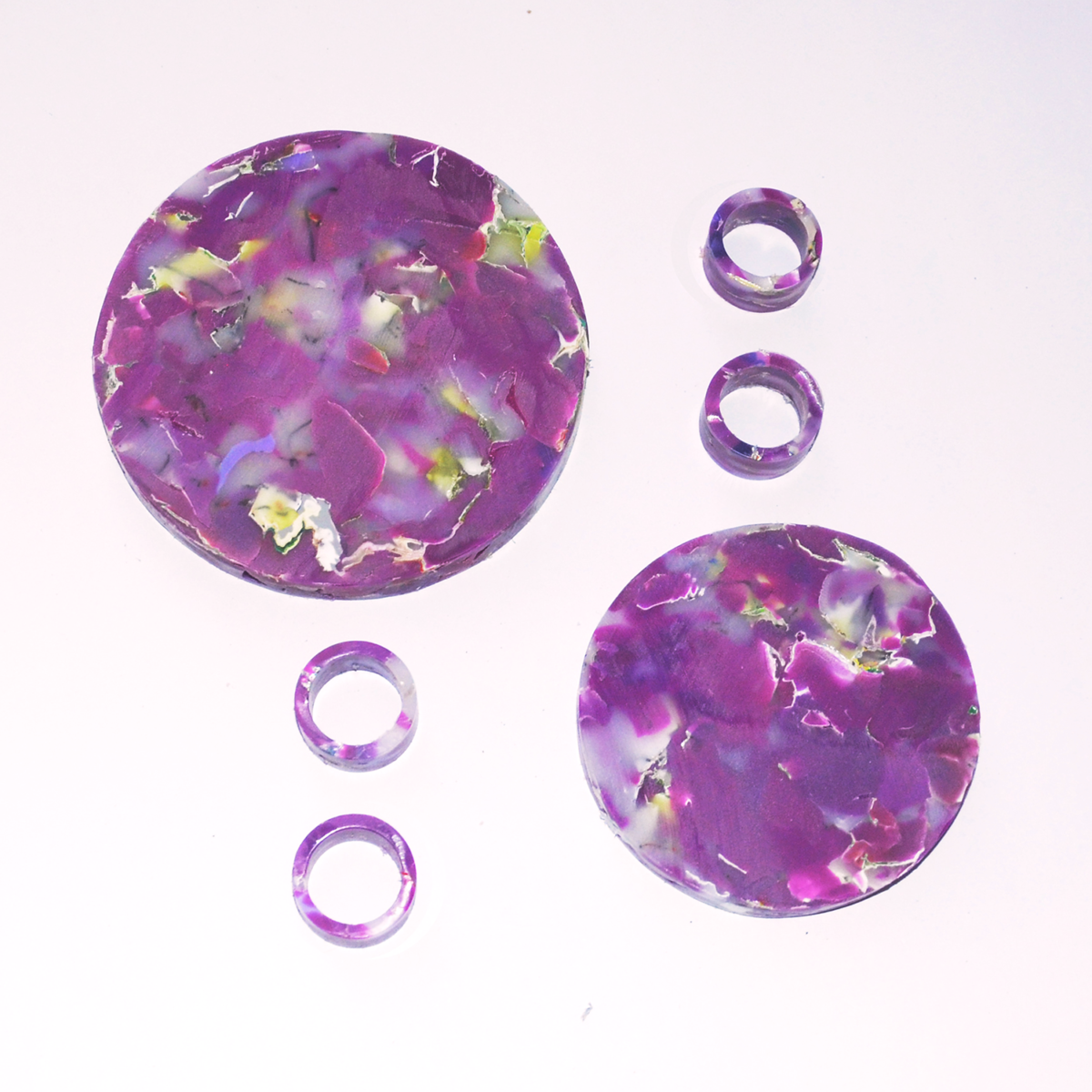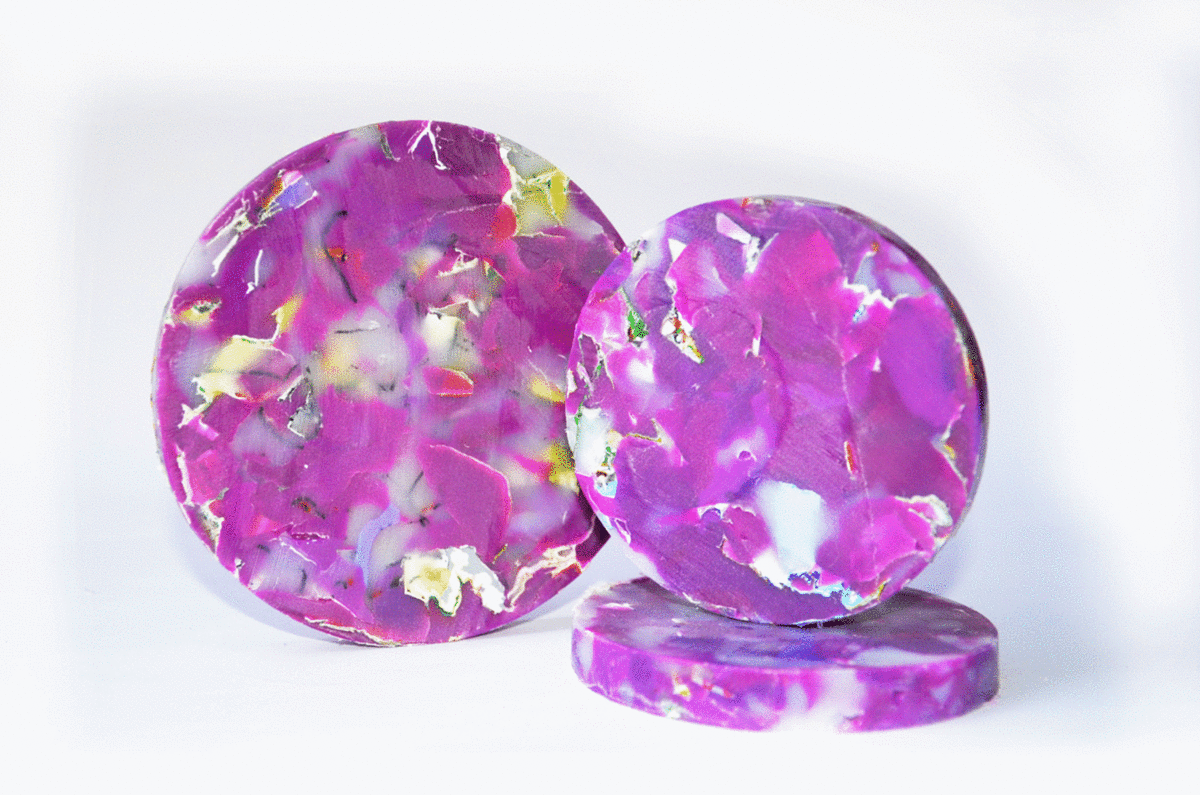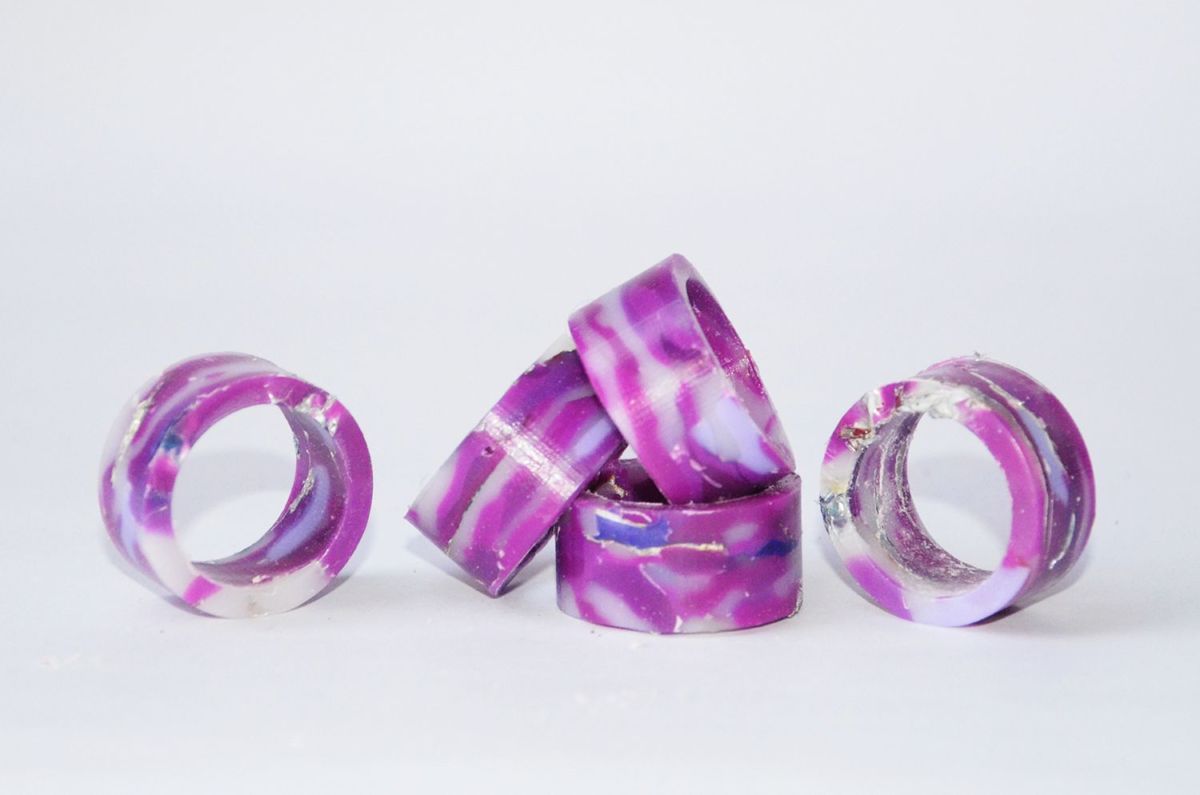The concept of the ‘circular economy of plastics’ means that plastic is viewed as a material that can be reused, to avoid depleting natural resources. This is a concept and economic model that Mondelez Philippines supports, in line with its goals towards zero waste to nature by 2030.
The phrase “May pera sa basura” has long been heard in the Philippines. Newspaper drives and glass bottle collection initiatives are common measures to recycle. The same process can apply to plastic packaging.
According to the Ellen MacArthur Foundation, the ‘circular economy of plastics’ means “…A system in which materials are designed to be used, not used up.” The foundation works at promoting and developing this economic model. Think about it, our economy today continuously churns packaging material using irreplaceable natural resources like fuel, with the intent of making them single use. But they don’t have to be used just once. Plastic packaging can and should be recycled to avoid them becoming waste or polluting marine life. In fact, using plastic as a resource that can be recycled continuously is giving rise to industries that make a profit while preventing waste.
Making profit; not pollution
One such organization is Plastics by Manila Automat, a collaborative design and production studio aimed at renewing the value of recycled plastic waste by encouraging people to become modern-day recyclers. The group collects plastic waste — from bottles to sachets, and turns them into practical, usable, and creative materials for consumers to purchase. Theirs is a business that literally runs on waste.
“We started our company based on a belief that plastic should be reused and is a valuable material,” shares Mica Agregado, head of designs. “Since 2019 we have sold 436 pieces of our home and fashion pieces and in the process, recycled 327kg of plastic packaging.”
Another organization that uses waste as a resource is Green Antz Builders, an innovative product and technology development company that creates Eco-bricks and construction materials made with recycled plastic. A pioneer in the Philippines on the circular economy, Green Antz has carved a niche as a green construction materials company but at the same time, are strong advocates for the use of green materials and technologies. The company builds and runs Green Antz Eco-Hubs which are like modern Materials Recovery Facilities (MRFs) in communities. These Eco-Hubs function as plastic collection points, recycling facilities, and manufacturing hubs with a socially inclusive model. Green Antz collaborates with surrounding communities and partner organizations in collecting plastic and running educational workshops or seminars in the communities on proper waste segregation at the source. The Eco-Bricks, Eco-Casts, and Eco-Pavers produced in these facilities, coming from the plastic waste collected, are tangible outputs that the circular economy works and creates shared value across its stakeholders.
“Our Eco Products not only divert tons of plastic waste away from oceans and landfills, and
repurposing them into green materials used in the construction industry, they are also uniquely designed and engineered stronger than regular hollow blocks and use less water to build into structures,” shares Rommel B. Benig, founder and CEO. “Green Antz has created a trailblazing platform for Environmental, Social, Governance (ESG) initiatives. We have built our entire business on the idea that plastic waste is a resource as valuable as paper or glass, and can be reused.” In 2020 alone, Green Antz collected and diverted close to 100,000kgs of plastics away from landfills or oceans.
Mondelez PH supports the circular economy of plastics
Plastics by Manila Automat and Green Antz are two of the organizations that snacks company
Mondelez Philippines is working with to promote and strengthen the plastics recycling industry in the Philippines. As a member of the Ellen MacArthur Foundation’s New Plastics Economy Global Commitment, the company globally supports the New Plastics Economy Initiative.
“We want to contribute to a circular economy where packaging material is recycled or reused, while minimizing food waste and the overall environmental impact of packaging, including on climate change,” explains Atty. Joseph Fabul, country manager for corporate and government affairs of Mondelez Philippines. “To help achieve this, we are working to find solutions to the shared problem of packaging waste — fixing broken processes, policies, and perception. These include making all our packaging recycle-ready and labeled with recycling information for consumers by 2025. We also committed to investing in waste management projects where we are present and ensure that by 2025, 5% of our plastic packaging is from recycled content.”
“The next time you hear the phrase ‘May pera sa basura,’ think of the circular economy of plastics and how recycling can indeed change a problem into an opportunity,” ends Atty. Fabul.



